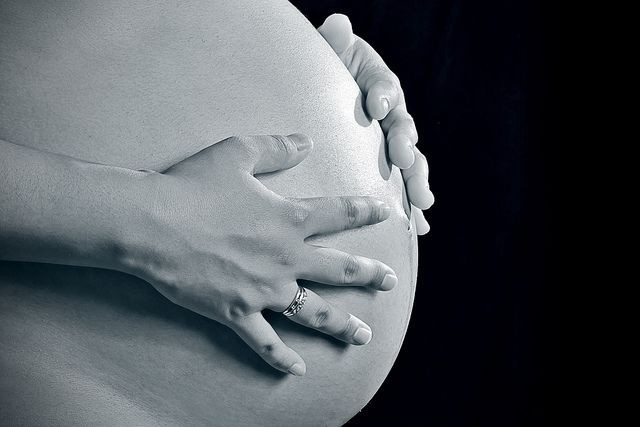54 Abortion Clinics Closed Since 2010; A Result Of Stricter Republican Legislations

The seemingly endless debate on abortion has resulted in a political tug of war pro-choicers are winning during one time period, and pro-lifers are pushing back during the next. Ever since the 1973 landmark abortion case, Roe vs. Wade, abortion has become more commonplace in the U.S., and even a little less stigmatized. Topping off around 1980, abortion rates have been falling ever since, but with 22 percent of all pregnancies (excluding miscarriages) still ending in abortion, pro-lifers are continuing to fight back. In the last three years, their efforts to regulate abortion clinics have been especially forceful, and it’s resulted in at least 54 providers across 27 states shutting their doors for good.
“This kind of change is incredibly dramatic,” Elizabeth Nash, state issues manager for the Guttmacher Institute, a reproductive health research organization, told The Huffington Post. “What we’ve been seeing since 1982 was a slow decline, but this kind of change … [is] so different from what’s happened in the past.”
Waves of Stricter Abortion Legislation
In addition to the 54 providers, many more are only being kept open with the help of court orders, which have blocked legislation that would make it difficult for them to operate. The majority of these closures were a result of Republican-led legislation that have limited the ways in which a clinic is able to operate.
In Texas, legislation passed last month requires doctors to have admitting privileges to hospitals within 30 miles of the clinics, otherwise they wouldn’t be allowed to perform the procedure. Other clinics are required to make renovations to become ambulatory surgical centers — essentially mini-hospitals — pretty much closing down while they’re under construction. On top of this, family planning funding has been reduced drastically. The state has lost nine clinics since 2010.
Arizona has also seen a particularly forceful affront on abortion providers. Using similar legislation, pro-lifers have been able to shut down 12 of the 18 clinics Arizona had in 2010. “This has turned into a nightmare,” Kat Sabine, executive director of the Arizona affiliate to the National Abortion and Reproductive Rights Action League, told the Huffington Post.
“The kind of efforts the women have taken to get family planning or abortion services are just incredible, and you can only get care if you can get out of the community to do it. If you’re on a reservation or rural part of the state, unless you have reliable transportation, you’re not going to get care.”
Women Face Diffculties Accessing Abortion Providers
Forty years after Roe vs. Wade, and the U.S. has about 724 abortion clinics still open, according to the Daily Beast. For many women, getting to these clinics is not easy. In 2008, research by the Guttmacher Institute found that the average distance a woman had to travel to access an abortion provider was 30 miles. Six percent of the more than 8,000 women surveyed said they had to travel over 100 miles to get to a clinic, Slate reported. Mississippi, North Dakota, and South Dakota have only one abortion provider each. What’s more, 26 states require a waiting period of 24 hours in-between consultations and abortion procedures. Add increasingly harsh abortion legislation since 2008, and the fact that 42 percent of women who get abortions have incomes 100 percent below the federal poverty level, and it seems almost impossible for women to get the care they could desperately need.
“These restrictions have an uneven impact,” Nash told the Huffington Post. “Women who have resources, have a car, have some money in the bank, can access childcare and take time off work can obtain an abortion, and women who are less well-off and don’t have those kids of resources are not able to access abortion services.”



























